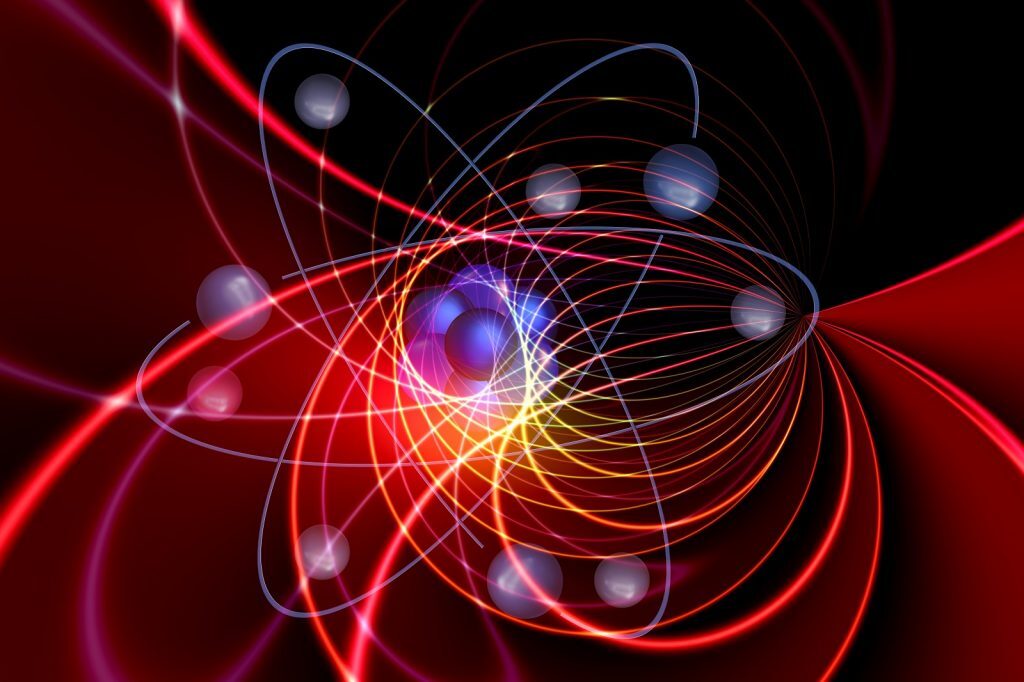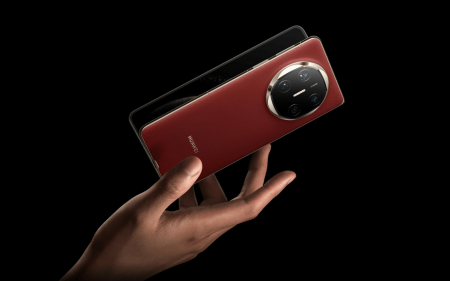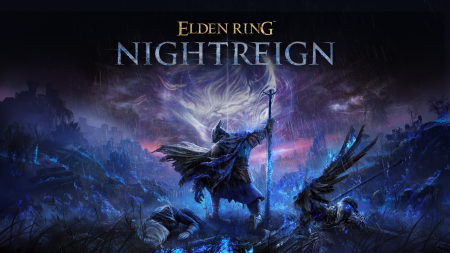“Quantum entanglement” is one of several plot devices that crops up in modern sci-fi movies. Fans of the Marvel superhero movies, for instance, will be familiar with the idea of different time lines merging and intersecting, or characters’ destinies becoming intertwined through seemingly magical means.
But “quantum entanglement” isn’t just a sci-fi buzzword. It’s a very real, perplexing and useful phenomenon. “Entanglement” is one aspect of the broader collection of ideas in physics known as quantum mechanics, which is a theory that describes the behaviour of nature at the atomic, and even subatomic, level.
Understanding and harnessing entanglement is key to creating many cutting-edge technologies. These include quantum computers, which can solve certain problems far faster than ordinary computers, and quantum communication devices, which would allow us to communicate with one another without the slightest possibility of a eavesdropper listening in.
But what exactly is quantum entanglement? Two particles in quantum mechanics are said to be entangled when one of the particles cannot be perfectly described without including all of the information about the other one: the particles are “connected” in such a way that they are not independent of one another. While this sort of idea may seem to make sense at first glance, it is a difficult concept to grasp – and physicists are still learning more about it.
Quantum dice
Suppose that I give you and your friend, Thandi, each a small, opaque black box. Each box contains an ordinary six-sided die. You are both told to lightly shake your boxes to jumble the dice around. Then you part ways. Thandi goes home to one South African city, Cape Town; you return to another, Durban. You don’t communicate with each other during the process. When you get home, you each open your box and look at the upward-facing number on your die.
Ordinarily, there would be no correlation between the numbers you and Thandi see. She would be equally likely to observe any number between 1 and 6, as would you; importantly, the number she sees on her die would have no bearing whatsoever on the number you see on yours.
Read more: Is reality a game of quantum mirrors? A new theory suggests it might be
This is unsurprising – indeed, it’s how the world normally works. However, if we could make this example “quantum”, it could behave quite differently. Suppose that I now tell Thandi and you to first lightly tap your boxes together, before then separately shaking them and heading your separate ways.
In a quantum mechanics analogy, this action of tapping the boxes against one another would enchant the dice and link – or entangle – them in a mysterious fashion: once you each arrive home, open your boxes and look at the numbers, your number and Thandi’s are guaranteed to be perfectly correlated. If you see a ‘4’ in Durban, you know that Thandi in Cape Town is guaranteed to measure a ‘4’ on her die too; if you happen to see a ‘6’, so will she.
In this analogy, the dice represent individual particles (like atoms or particles of light called photons) and the magic act of tapping the boxes together physically is what entangles them, so that measuring one die gives us information about the other.
Making better entanglement
As far as we know, there’s no magical box-tapping action to enchant a pair of dice or other objects on our human, macroscopic scale (if there were, we would be able to experience quantum mechanics in our everyday life and it would probably not be such a foreign, perplexing concept). For now, scientists have to be content with using things on the microscopic level, where it is much easier to observe quantum effects, like charged atoms called ions or special superconducting devices called transmons.
Read more: Explainer: what is quantum machine learning and how can it help us?
This is the kind of work carried out in the University of the Witwatersrand’s Structured Light Laboratory, in South Africa. Instead of ions or transmons, however, researchers in the lab use particles of light, called photons, to better understand quantum mechanics and its implications. We are interested in using the quantum nature of light for a variety of purposes: from designing efficient communication systems which are completely unhackable by a malevolent third party, to creating methods of imaging sensitive biological samples without damaging them.
Studies like this often require us to start with specially created states of entangled photons. But it’s not as simple as putting two dice in separate boxes and tapping them together. The processes used to create entangled photons in a real laboratory are constrained by many experimental variables. These include the shape of laser beams used in experiments and the sizes of small crystals where the entangled photons are created. These can give subpar outputs – or unideal states – that require researchers to selectively throw away some measurements once an experiment is done. This is not an optimal situation: photons are discarded and so energy is wasted.
A group of researchers from the lab, myself among them, recently took a step towards solving this problem. In a journal article, we mathematically calculated what the optimal laser shape needs to be in order to, as best as possible, create the entangled state that an experimenter would want to start their experiment with. The method proposes changing the input laser beam shape at the beginning of an experiment to maximise the entangled photon creation process later in the experiment. This will mean more photons available to perform your experiment the way you want to, and fewer stray ones.
Improving the efficiency of the entanglement creation and manipulation process, using techniques such as the one proposed, will be important to optimise the efficiency of a number of other quantum technologies, like quantum cryptography systems and the other technologies already mentioned. This is especially important as the fourth industrial revolution moves ahead globally and technologies with quantum mechanics at their cores undoubtedly become more commonplace.
- is a Ph.D. student, University of the Witwatersrand
- This article first appeared on The Conversation




